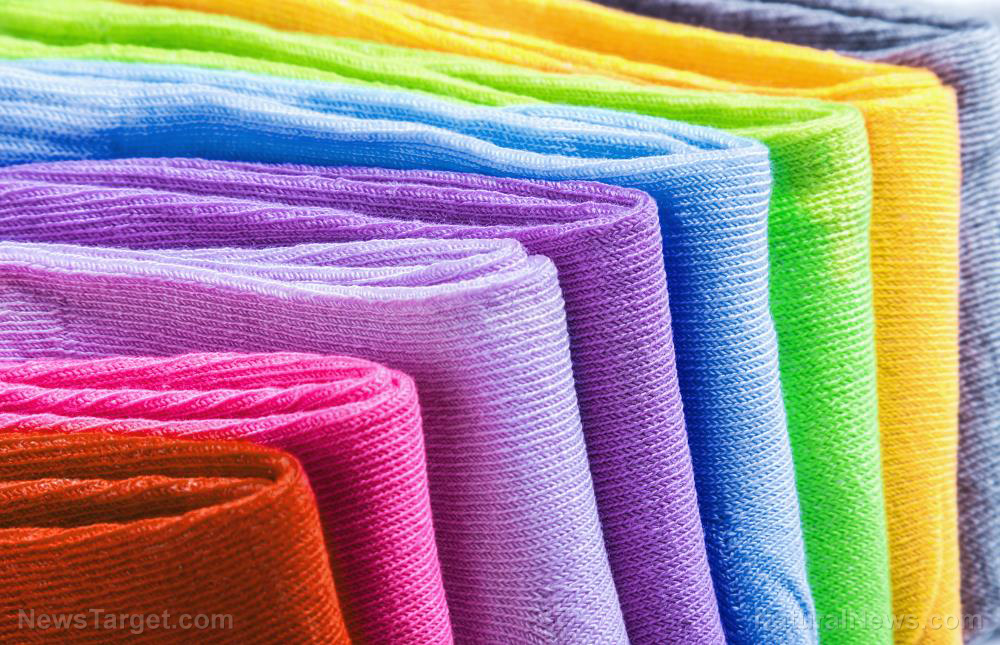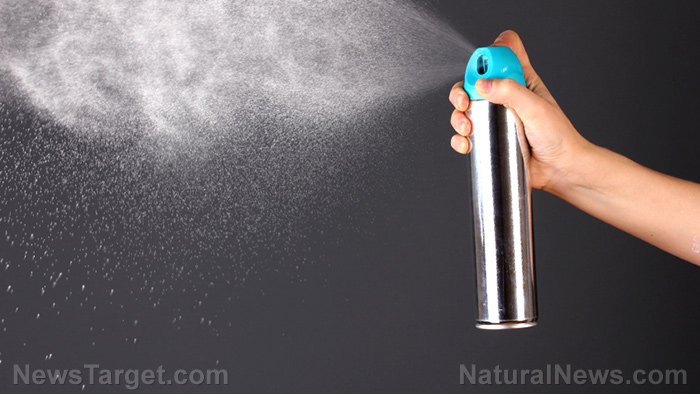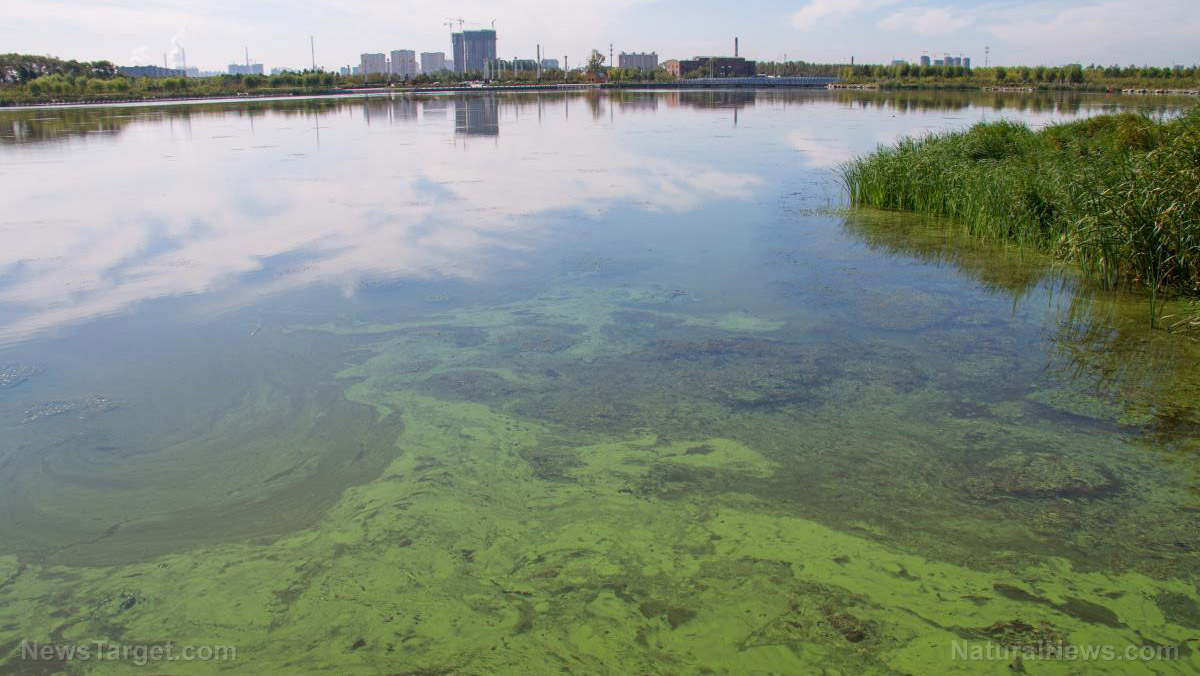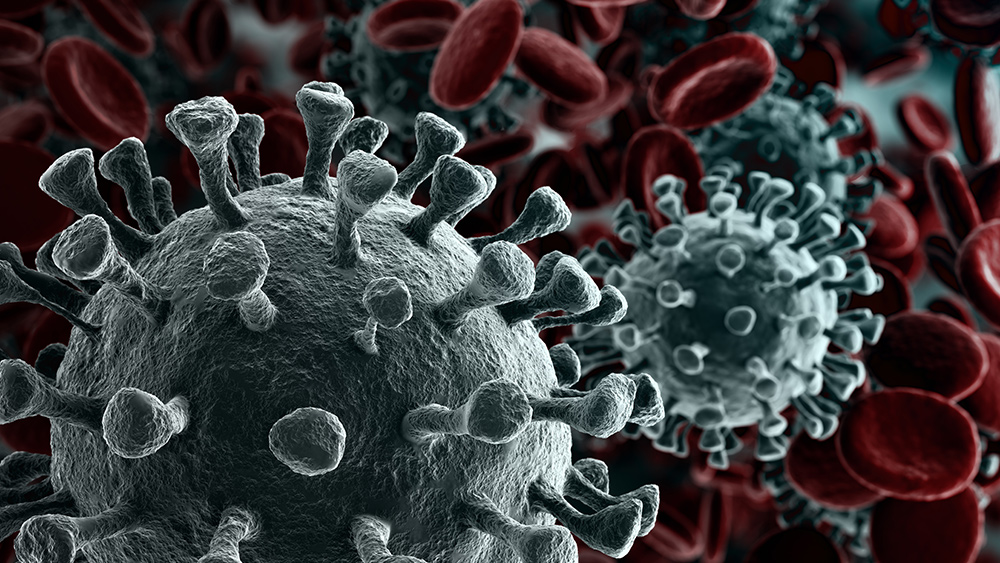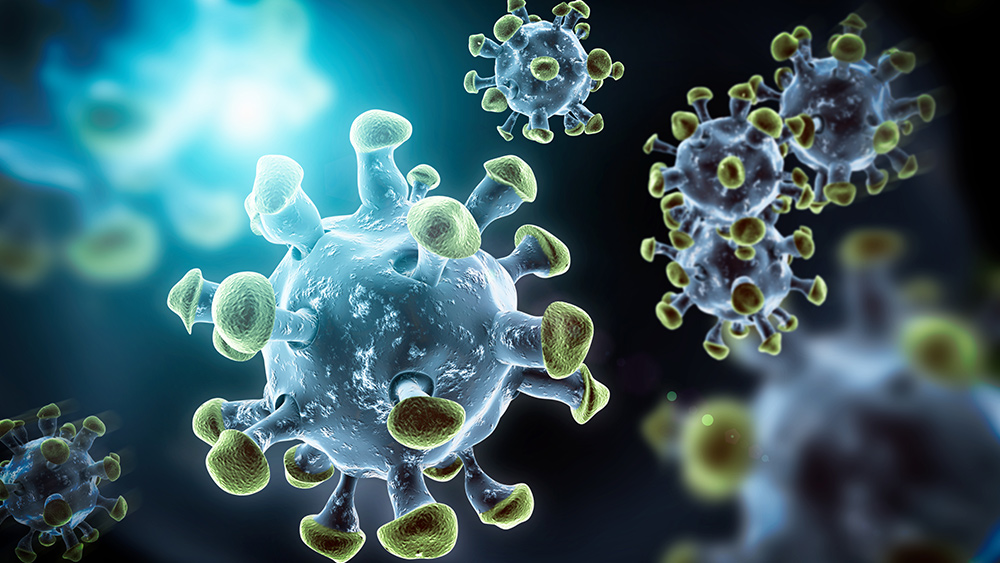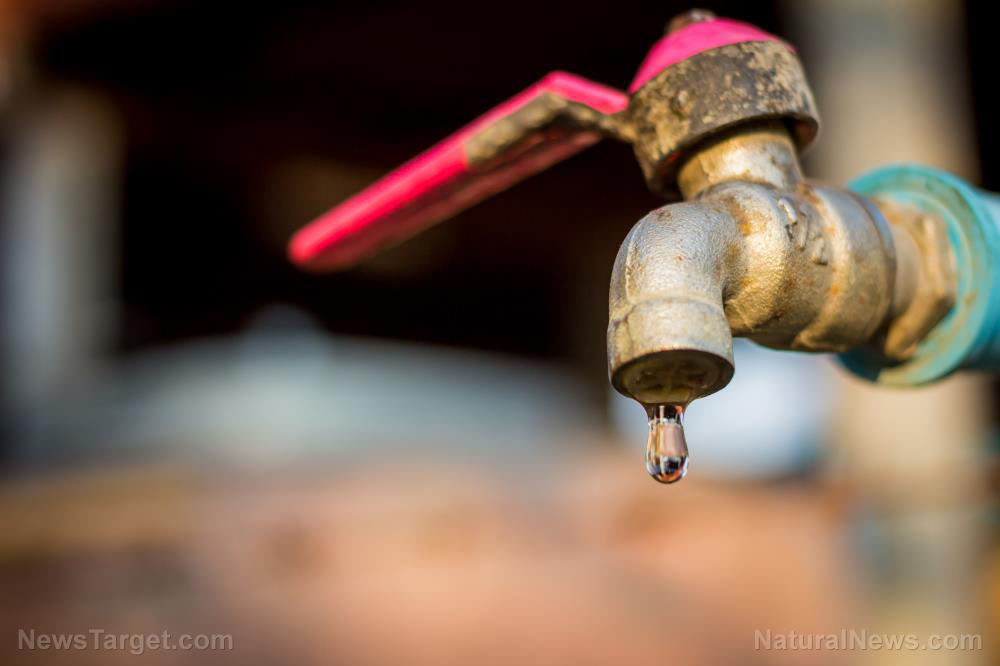Could air pollution be causing the coronavirus to spread more rapidly?
04/28/2020 / By Isabelle Z.

Scientists have detected coronavirus on particles of air pollution, raising questions about whether this could be a potential mode of transmission that could put vast numbers of people at risk.
It’s important to note, however, that researchers aren’t yet certain whether the virus can remain viable on these particles or if it appears in amounts high enough to cause infections.
The discovery was made by Italian scientists from the University of Bologna under Leonardo Setti, who used standard techniques to collect some samples of outdoor air pollution at an industrial and urban site in Bergamo. They identified genes that are considered very specific to COVID-19 in several of those samples, and their finding was confirmed by an independent lab through blind testing.
Moreover, a statistical analysis suggests that the high levels of particle pollution might help explain why higher infection rates were seen in certain parts of Italy prior to being placed under lockdown — areas considered some of Europe’s most polluted regions.
The studies haven’t been peer reviewed, but these researchers are not the first to point to this frightening possibility; two other groups of researchers have suggested that particles of air pollution may help the virus travel further through the air.
Setti said: “I am a scientist and I am worried when I don’t know. If we know, we can find a solution. But if we don’t know, we can only suffer the consequences.”
It’s already known that particles of air pollution can carry the viruses that cause illnesses like foot and mouth disease, bird flu and measles.
More information urgently needed on how disease spreads through air
Unfortunately, COVID-19 can be viable for hours in the tiny airborne droplets that come from the coughs and sneezes of infected people. This means that the possibility of transmission through air pollution particles deserves a closer exploration before ruling it in or out.
Bristol University Professor Jonathan Reid, who researches the airborne transmission of coronavirus, believes it’s possible. He said that small droplets of the virus could mix with background urban particles in the air and then be carried around, adding that the virus has already been detected in tiny droplets that were collected indoors in China.
Setti said that when the tiny droplets combine with pollution particles, it enables them to be carried through air for longer because the combined particle is bigger and less dense than the droplet. He likened the pollution particle to a “micro-airplane” with the droplets being “passengers.”
Reid takes a more reserved stance, telling The Guardian that the change in particle size might not play a very big role. Other experts have said they’d like to see more studies carried out to confirm the effect. For example, it’s still not clear whether these particle interactions are biologically viable and have an effect in the atmosphere. They say it could be a few years before this type of finding is confirmed.
Another factor to consider is the correlation seen in other research between greater coronavirus deaths and higher air pollution levels prior to the pandemic. People who regularly breathe in polluted air are more likely to have compromised lung health, which may, in turn, make them more vulnerable to COVID-19. In China, where the outbreak took a big toll, air pollution is among the highest in the world.
One study carried out by a team of researchers from institutions including the National Institute of Health and the Centers for Disease Control and Prevention found that the virus stays viable in the air for as long as three hours after a person sneezes or coughs, and it can last for two or three days on surfaces made of plastic and stainless steel.
The idea of the virus being spread so easily through air is unsettling to say the least, especially for those living in polluted areas. Studies like this drive home the importance of wearing a mask outdoors until further studies are carried out.
Sources for this article include:
Tagged Under:




